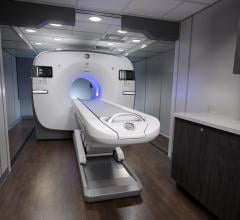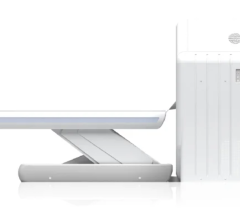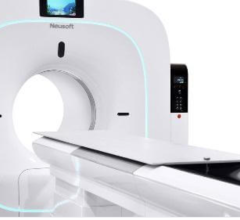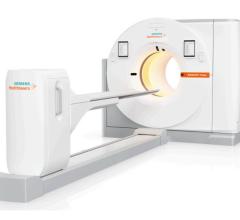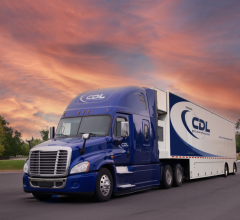
April 6, 2009 - SNM applauds today’s decision by the Centers for Medicare and Medicaid Services (CMS) to expand coverage of positron emission tomography (PET) scans in the initial treatment strategy of patients with cancer.
This decision was based, in large part, on compelling clinical evidence of the effectiveness of PET for cancer management and treatment contained in a comprehensive study known as the National Oncologic PET Registry (NOPR).
“This is a major victory for patients,” said Robert W. Atcher, Ph.D., M.B.A., president of SNM and University of New Mexico/Los Alamos National Laboratory professor of pharmacy. “CMS’ decision to cover PET scans for cancer demonstrates the intrinsic medical value of PET and important role of these scans in diagnosing, staging, restaging and monitoring treatment for many cancers.”
Previously, PET scans for many cancers would be reimbursed only if the PET facility submitted data to the NOPR. Now, all Medicare beneficiaries with certain cancers will be able to receive Medicare coverage for at least one PET scan, as prescribed by their physicians. The nine currently covered cancers—breast, cervix, colorectal, esophageal, head and neck, lymphoma, melanoma, non-small cell lung and thyroid—have all been expanded to cover the subsequent treatment strategy, in addition to initial diagnosis. Additionally, Medicare is now expanding coverage to include ovarian cancer and myeloma, making a total of eleven indications now covered for both the initial diagnosis and subsequent treatment strategy for patients. For all other cancers, PET coverage for subsequent treatment strategy evaluation requires participation in an approved Coverage with Evidence Development (CED) program, such as a modified NOPR.
The new CMS decision will save patients thousands of dollars who would otherwise have to pay out-of-pocket for their PET scans. Additionally, this decision increases the likelihood that private insurers will eventually follow CMS’ lead.
“For years, physicians and researchers around the world have known that PET is an invaluable diagnostic tool for guiding management of patients with a wide range of cancers,” said Barry Siegel, M.D., co-chair of the NOPR Working Group and chief of the nuclear medicine at the Mallinckrodt Institute of Radiology, St. Louis, Mo. “The evidence contained in the NOPR study proves the effectiveness of PET as an essential part of a cancer patient’s treatment planning.”
To help PET providers better understand the repercussions of the new CMS policy and navigate the new NOPR system effectively, SNM will host a live audio conference, Monday, April 27, 1 p.m. to 2:30 p.m. EDT. For more information or to register for the audio conference, visit www.snm.org/PETChanges.
SNM’s Atcher also noted that the organization will continue to work with partner medical and professional organizations to seek coverage for other types of cancers for which PET has a proven medical and therapeutic value. “Our goal is to continue to work tirelessly on behalf of our patients to ensure that all individuals whom physicians believe would benefit from these advanced imaging procedures receive the coverage they need for care,” Atcher added.
NOPR was established in 2006 to track the utility of PET in patients with cancer. Studies, which analyzed data from more than 41,000 patients and were published in the Journal of Clinical Oncology and Journal of Nuclear Medicine, showed that the use of PET scanning led to an intended change in cancer management in more than one out of three cases.
NOPR is sponsored by the Academy of Molecular Imaging (AMI) and managed by the American College of Radiology (ACR) and ACR Imaging Network (ACRIN). The registry received input from—and is endorsed by—ACR, the American Society for Clinical Oncology (ASCO) and SNM. The NOPR Working Group was chaired by Bruce Hillner, M.D., of Virginia Commonwealth University and co-chaired by Barry Siegel, M.D., Washington University; R. Edward Coleman, M.D., Duke University; and Anthony Shields, M.D., Wayne State University.
For more information: www.snm.org


 July 25, 2024
July 25, 2024 


